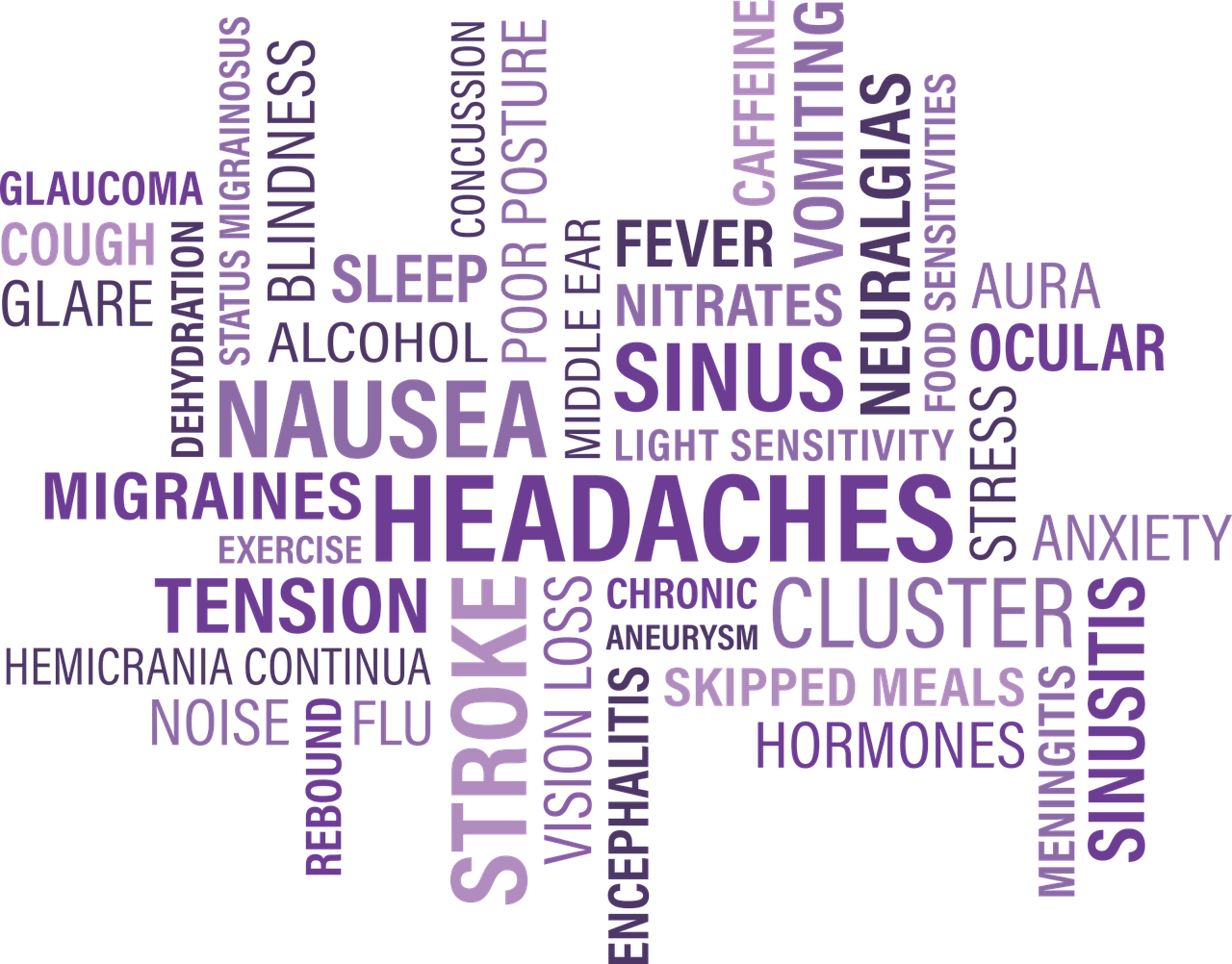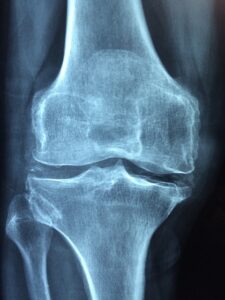Introduction
Asthma is a chronic respiratory condition that affects millions of people worldwide. While both men and women can develop asthma, research shows that women, in particular, experience unique challenges due to the impact of hormonal changes on their respiratory health. During various stages of a woman’s life, such as puberty, menstruation, pregnancy, and menopause, hormonal fluctuations can exacerbate asthma symptoms and make it more difficult to manage the condition effectively. In this comprehensive guide, we will explore the connection between hormonal changes and asthma in women, providing valuable insights and practical tips for staying healthy and fit.
The Influence of Hormonal Changes on Asthma
Hormones play a crucial role in regulating various bodily functions, including the respiratory system. When hormone levels fluctuate, women with asthma may experience heightened sensitivity in their airways, making them more susceptible to triggers and asthma attacks. One hormone that significantly impacts respiratory health is estrogen. During specific periods, such as puberty and pregnancy, estrogen levels rise, leading to increased airway inflammation and hyperresponsiveness. As a result, women may notice a worsening of asthma symptoms during these times.
Progesterone, another hormone involved in the menstrual cycle and pregnancy, can also affect asthma symptoms. Fluctuations in progesterone levels can cause airway constriction, leading to the narrowing of the air passages and worsening of asthma. Additionally, hormonal changes can make women more sensitive to other irritants, such as hay fever, further exacerbating asthma symptoms.
Puberty and Menstruation
Puberty is a time of significant hormonal changes in a young woman’s body. Studies have shown that girls who start their periods early are at a higher risk of developing asthma. During puberty, the surge of hormones, including estrogen and progesterone, can increase airway inflammation and bronchial reactivity. This heightened sensitivity may result in more frequent and severe asthma symptoms, such as wheezing and coughing. It is essential for young girls to be aware of these hormonal influences and work closely with their healthcare providers to manage their asthma effectively.
Menstruation, too, can impact asthma symptoms. Many women report a worsening of asthma symptoms in the days leading up to their period. Fluctuations in estrogen and progesterone levels during this time can trigger airway inflammation and hyperresponsiveness. Being mindful of these hormonal changes and tracking symptoms can help women better manage their asthma during their menstrual cycles.
Pregnancy and Asthma
Pregnancy is a unique time for women, and it can also have implications for those with asthma. While hormonal changes occur during pregnancy, studies have shown mixed results regarding the impact on asthma symptoms. Approximately one-third of pregnant women find that their asthma symptoms stay the same, while another third may experience an improvement in their symptoms. However, for some women, pregnancy may exacerbate asthma symptoms. It is crucial for pregnant women with asthma to work closely with their healthcare providers to ensure optimal management of their condition and the well-being of both mother and baby.
Menopause and Beyond
Menopause is a natural stage in a woman’s life when hormonal levels fluctuate significantly. As estrogen levels decline, women may experience changes in their asthma symptoms. Some women find that their asthma improves after menopause, while others may notice an increase in symptoms. The decrease in estrogen can lead to airway inflammation and increased bronchial reactivity, making it more challenging to control asthma. Additionally, anxiety during perimenopause and menopause can result in shortness of breath and trigger asthma attacks. It is essential for women in this stage of life to be aware of these potential changes and work closely with their healthcare providers to adjust their asthma management accordingly.
Managing Asthma Throughout Hormonal Changes
While hormonal changes can impact asthma symptoms, there are several strategies women can employ to stay healthy and fit throughout various life stages. Here are some practical tips for managing asthma during hormonal fluctuations:
- Maintain a Healthy Lifestyle: Engage in regular exercise, eat a balanced diet, and get enough sleep to support overall respiratory health and strengthen the immune system.
- Track Symptoms: Keep a journal to monitor asthma symptoms and identify patterns related to hormonal changes. This can help women anticipate and manage potential exacerbations more effectively.
- Communicate with Healthcare Providers: Regularly consult with healthcare providers, including allergists and pulmonologists, to adjust asthma management plans according to hormonal changes and individual needs.
- Medication Management: Follow prescribed medication regimens consistently and ensure that asthma medications, including inhaled ones, are safe for use during pregnancy. Discuss any concerns or changes in symptoms with healthcare providers promptly.
- Avoid Triggers: Identify and avoid triggers that may worsen asthma symptoms, such as allergens, smoke, pollution, and respiratory infections. This is particularly important during times of hormonal changes when the airways may be more sensitive.
- Practice Stress Management: Explore stress-reducing techniques, such as meditation, yoga, and deep breathing exercises, to help manage anxiety and minimize the risk of asthma attacks.
- Maintain a Healthy Weight: Obesity can worsen asthma symptoms and increase the risk of complications. Maintain a healthy weight through regular exercise and a balanced diet to support optimal respiratory health.
- Seek Support: Join support groups or online communities for women with asthma to connect with others who may be experiencing similar challenges. Sharing experiences and tips can provide valuable emotional support and practical advice.
- Stay Informed: Stay updated on the latest research and information regarding asthma and hormonal changes. This knowledge empowers women to make informed decisions about their health and engage in proactive self-care.
- Regular Check-ups: Schedule regular check-ups with healthcare providers to monitor asthma control, lung function, and overall respiratory health. This allows for timely adjustments to asthma management plans as needed.
By implementing these strategies and maintaining open communication with healthcare providers, women with asthma can navigate the challenges of hormonal changes and maintain optimal respiratory health throughout their lives.
Conclusion
Understanding the impact of hormonal changes on asthma is essential for women with this respiratory condition. By recognizing the influence of hormones during puberty, menstruation, pregnancy, and menopause, women can take proactive steps to manage their asthma effectively. Through lifestyle modifications, medication management, avoidance of triggers, and open communication with healthcare providers, women can stay healthy and fit while navigating the unique challenges posed by hormonal fluctuations. Remember, each woman’s experience with asthma and hormonal changes is unique, and a personalized approach to asthma management is crucial for optimal respiratory health. Stay informed, stay proactive, and stay healthy!



